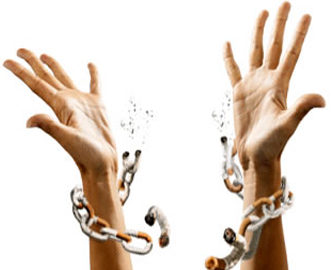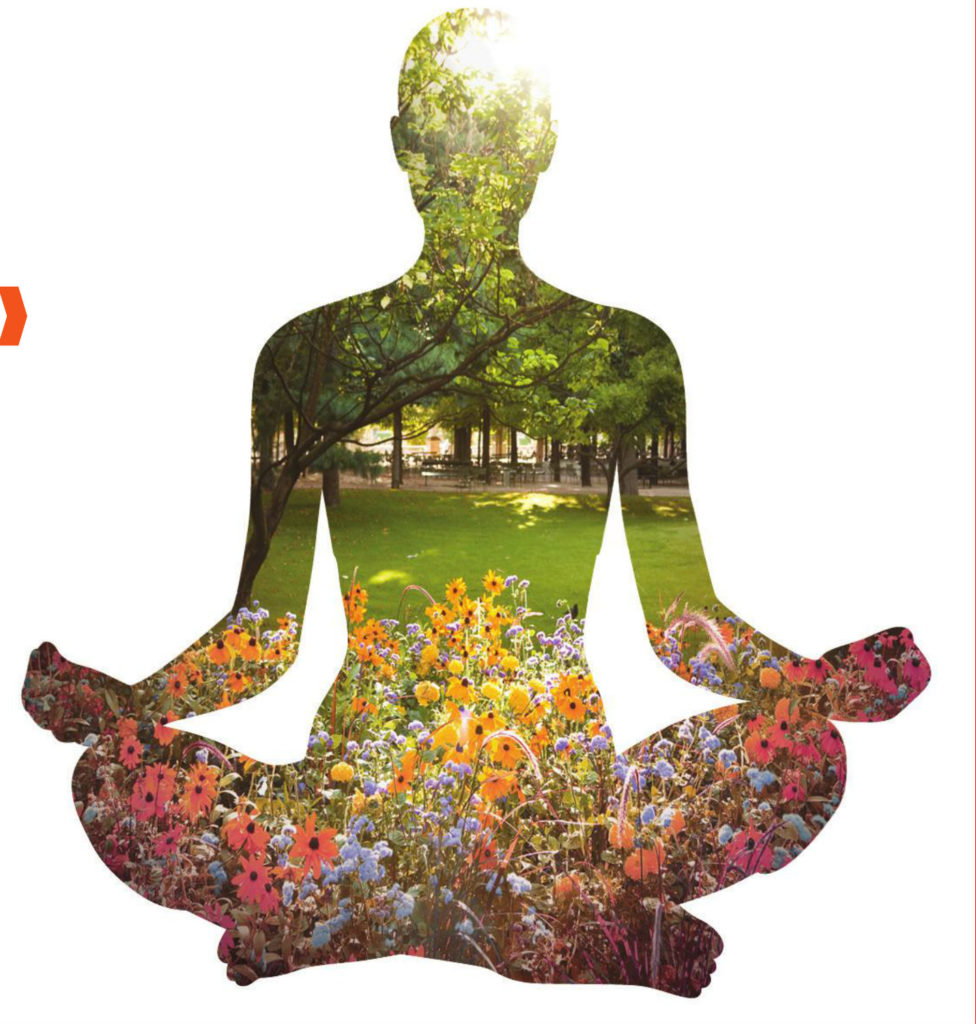The brain is in a race for heatlh, your mind, body and soul.
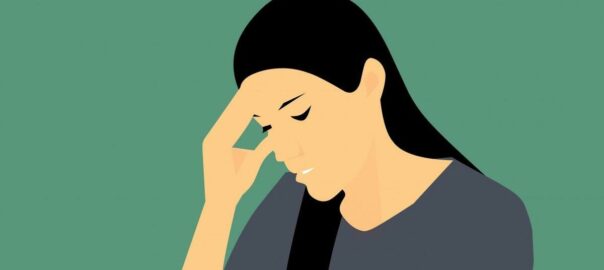
Let’s all get to the point right away. The brain needs help. The brain is in a race for health.
What is Neurofeedback?
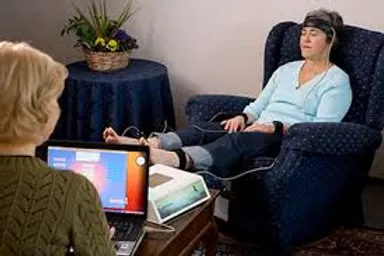
Neurofeedback, also known as EEG biofeedback, is a fun, interactive, non-invasive, and medication-free treatment that helps you increase self-control over certain aspects of your brain function. Because of neuroplasticity—your brain’s ability to change—neurofeedback therapy can help you retrain your brain to reduce mental health symptoms, improve performance, and achieve a more balanced brain.
A very good explanation of Neurofeedback (from Amen clinic resources) is painless and safe for people of all ages and provides numerous benefits for a variety of brain health and mental health concerns. For example, because of its capacity to help people retrain their brain, individuals who have behavioral issues can experience self-control over problematic symptoms, increase their confidence, and learn to understand they can adopt healthier patterns of behaving. For those who struggle with emotional stress and anxiety, neurofeedback can help them self-regulate more effectively and respond more positively to situations that produce distressing emotions. Furthermore, it can help high achievers reach peak performance by optimizing their brain function.
In addition to these applications, there are many other conditions that can be helped by undergoing neurofeedback therapy in a professional setting. As a result, patients have reported better memory, focus, and impulse control, lower anxiety, greater mental clarity, more restful sleep, improved mood, and a host of other benefits after using neurofeedback.
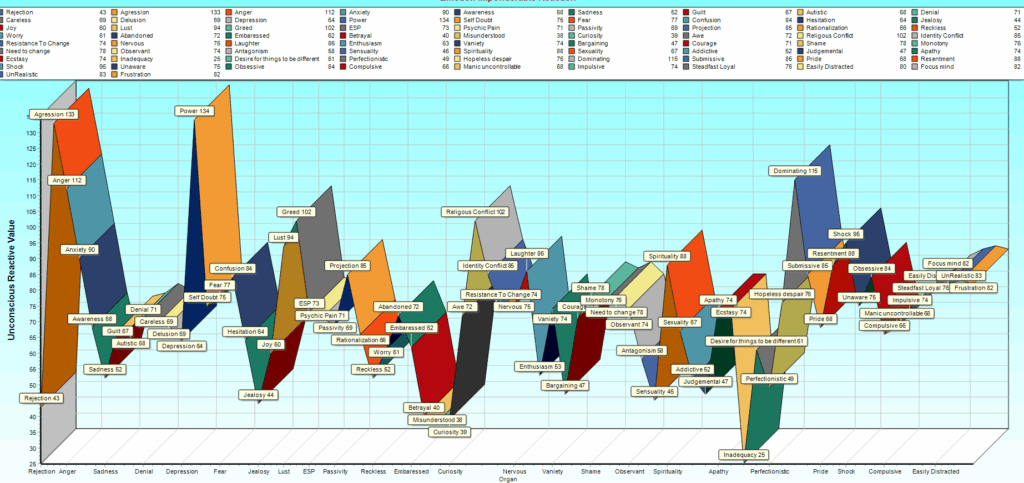
Neurofeedback has been used successfully to improve symptoms in many conditions including, but not limited to:
- ADD/ADHD
- Addictions
- Anxiety
- Autism spectrum disorder
- Behavioral disorders
- Bipolar disorder
- Chronic pain
- Depression
- Headaches
- Memory problems
- Obsessive compulsive disorder (OCD)
- Pain management
- PMS
- Posttraumatic stress disorder (PTSD)
- Schizophrenia
- Sleep problems
- Traumatic brain injury/concussions
- ADD/ADHD: A 2021 review published in the Journal of Clinical Medicine found neurofeedback therapy helped improve impulse control, behavior, and focus in kids with ADHD.
- Addictions: A study by scientists at UCLA found that neurofeedback improved abstinence rates in people with addictions.
- Anxiety: The results of a 2021 study on people with generalized anxiety disorder revealed that neurofeedback helped them improve their emotional regulation and significantly lowered anxiety and depressive symptoms.
- Depression: Recent research published in Psychological Medicine concluded from the self-reports of participants that neurofeedback, as an adjunctive therapy, was effective in lowering depressive symptoms.
- Memory Issues: A 2021 study that assessed the efficacy of neurofeedback for memory loss associated with mild cognitive impairment saw significant improvements in memory that were sustained for at least one month after treatment.
- PTSD: According to the results of a research study published in NeuroImage: Clinical, participants who had PTSD underwent 15-20 weeks of neurofeedback, and at the conclusion of treatment, 61% no longer met criteria for the disorder.
- Traumatic brain injury (TBI): A published overview of the use of neurofeedback for people who have suffered a TBI suggests that it may help reduce symptoms related to attention, mood, and mindfulness while improving motivation for treatment.
- THESE WILL HELP THE BRAIN IN THE RACE FOR HEALTH.
I am a certified licensed biofeedback specialist, with 15 years behind me in practice. Contact me if you would like to find out more, and set up an initial consultation/demo.
www.naturalhelp.net

